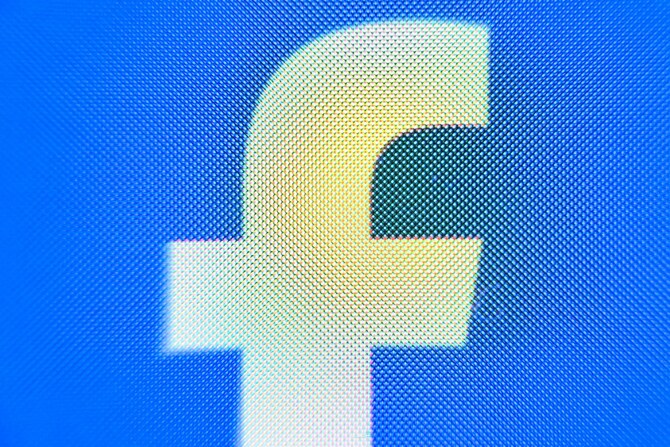LONDON: A BBC investigation has claimed that Facebook significantly restricted access to news in Palestinian territories, limiting local news outlets’ ability to reach audiences during the ongoing Israel-Gaza war.
Research conducted by the BBC Arabic team found that 20 newsrooms in Gaza and the West Bank reported a 77 percent decline in audience engagement — a measure of the visibility and impact of social media content — following the Hamas attacks on Oct. 7, 2023.
In contrast, Facebook pages belonging to 20 Israeli news outlets, including Yediot Ahronot, Israel Hayom and Channel 13, saw a 37 percent increase in engagement for similar war-related content during the same period.
“Interaction was completely restricted and our posts stopped reaching people,” said Tariq Ziad, a journalist at Palestine TV, which experienced a 60 percent drop in engagement despite having 5.8 million Facebook followers.
With international journalists restricted from accessing Gaza due to Israeli-imposed limitations, local media and social platforms have become critical sources of information around the world. But the disparity in engagement has underscored concerns about a growing “war of narratives” on social media.
Facebook’s parent company, Meta, has previously faced allegations of “shadow banning” Palestinian content. Critics, including human rights groups, claim the platform fails to moderate online activity fairly.
According to an independent report commissioned by Meta in 2021, the company said the loss of engagement was never deliberate, attributing it to a “lack of Arabic-speaking expertise among moderators,” which led to some Arabic phrases being inadvertently flagged as harmful or sensitive.
To test these claims, the BBC analyzed 30 prominent Facebook pages from Arabic news outlets and found an almost 100 percent increase in engagement.
Meta admitted to increasing moderation of Palestinian user comments in response to a “spike in hateful content” but rejected allegations of bias.
A spokesperson told the BBC: “Any implication that we deliberately suppress a particular voice is unequivocally false.”
However, internal communications reviewed by the BBC showed that Meta-owned Instagram’s algorithm had been adjusted shortly after the conflict began, with at least one engineer raising concerns about potential new bias against Palestinian users.
“Within a week of the Hamas attack, the code was changed essentially making it more aggressive toward Palestinian people,” the engineer told the BBC.
Although Meta said these policy changes were reversed, it did not specify when.
A similar investigation by Arab News revealed widespread reports of pro-Palestinian posts and accounts being suspended or banned during Israel’s bombardment of Gaza.
According to the Committee to Protect Journalists, at least 144 media workers have been killed since the start of the conflict, 133 of whom were Palestinians, making it the deadliest conflict for journalists in recent history.

























